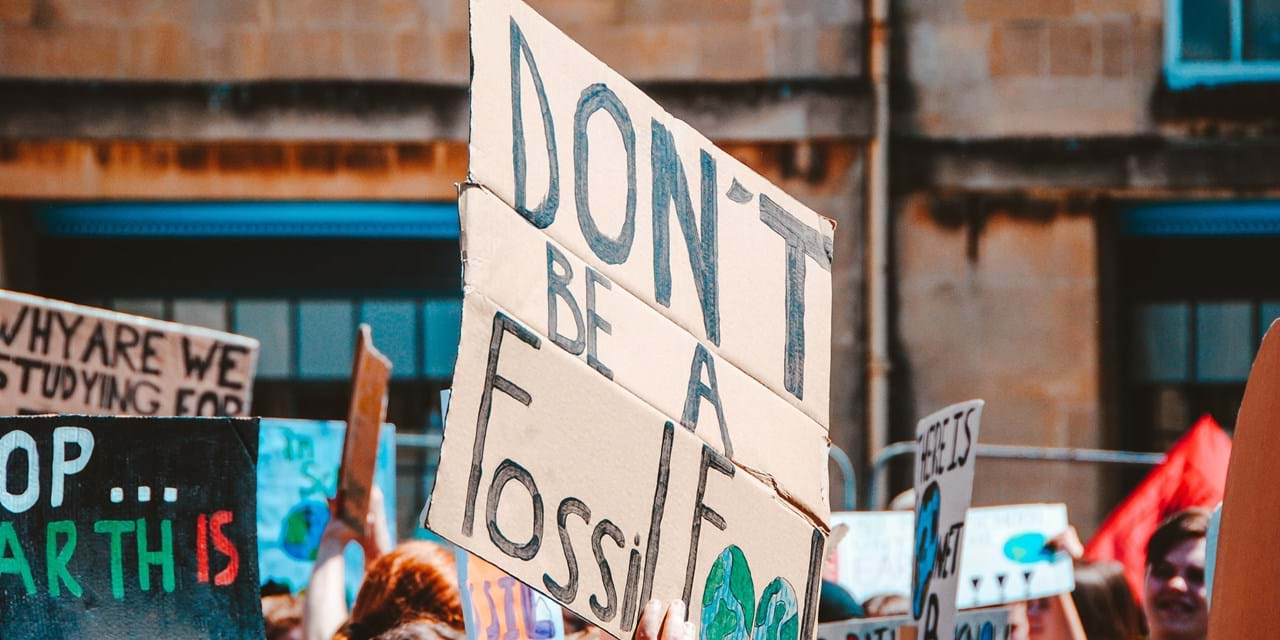ClientEarth Communications
27th September 2024


Science tells us that future generations will likely bear an increasingly severe burden of the consequences of climate change. The climate crisis is already affecting millions around the world every day, and children and those not yet born have no recourse to participate in current decision-making processes.
And whilst most EU nations mention future generations in their constitutions, action to safeguard the environment they will inherit is lagging. We have a responsibility to act now to protect their rights.
At ClientEarth, our vision is a future where people and planet thrive together - and our mission is to use the law to effect the systemic change needed to tackle the climate, biodiversity and pollution crises, and protect both people and planet.
So how does ClientEarth unlock the power of the law to bring about the positive change we need to see and protect the rights of present and future generations?
We believe in strengthening the entire system of rule of law – from how laws are written by legislatures, to how they are applied in practice and how they are interpreted and enforced by courts and regulators – so that we can protect all life on Earth. Our approach integrates environmental and human rights law in a new and innovative way, which opens doors previously locked to environmental law and creates stronger obligations on states to protect people and planet.

ClientEarth has a history of bringing human rights into sharp focus amidst the climate crisis. We supported a group of eight Torres Straits Islander claimants in the first climate case before an international human rights body. In a landmark decision, the UN Human Rights Committee ruled that Australia violated the islanders’ fundamental rights, ordered the state to pay compensation and to prevent future harms. ClientEarth is now working to support the full and thorough implementation of the decision.
And, earlier this year, our third-party intervention case, Verein Klimaseniorinnen and Others v Switzerland, was the first climate case decided by the European Court of Human Rights. In its ruling, the court acknowledged that in the “context of climate change, intergenerational burden‑sharing assumes particular importance both in regard to the different generations of those currently living and in regard to future generations”.
This is why ClientEarth welcomes the latest news about the adoption of the UN Pact for the Future. In it, it includes the creation of the role of UN Special Envoy for Future Generations, whose primary concern is to safeguard the interest of future generations and better accelerate the long-term progress of the UN’s SDGs.
For us at ClientEarth, this means supporting two things at national level; the adoption of Future Generation Acts to incorporate long-term thinking, and the implementation of ambitious, progressive, and science-driven framework climate laws.

It is these framework climate laws that will create a clear and binding legal foundation for reducing greenhouse gas emissions, and make sure that commitments to address climate change are kept. They create stronger obligations on states to protect people and planet, for both present and future generations.
It’s an area of environmental advocacy and legislation ClientEarth has worked in for over a decade. Offering legal counsel in countries as diverse as China, Gabon, Poland, and UK, ClientEarth has advised governments on issues ranging from access to justice to air quality protection, and we're now supporting the development of framework climate laws in multiple countries.
One example of our work in this area is our case against the UK government’s inadequate net zero strategy where, in July 2022, the UK’s High Court ruled in our favour for the first time, concluding that the government had breached the Climate Change Act, and the strategy needed to be strengthened.
A year later, the Government produced a revised climate plan that still fell far short of the credible plan required by the law. So, in February 2024 we went back to court alongside our partners Friends of the Earth and Good Law Project, and won for a second time.
This judgment means the UK government must now take real, credible action to address the climate crisis with an updated plan that can be trusted by the May 2025 deadline set by the court. It is also an example of how the law has an immense power to shape the world around us – both for those living in it today, and those who will inherit it in the future - and that’s why the rule of law and legal systems are at the heart of our work.
The law forms part of society’s organising systems and is one of the most effective levers for sustained environmental transformation. We use the full cycle of the law to hold power to account, create legal foundations to turn global promises into real, enforceable actions, and bring about systemic change, protecting people and planet for generations to come.